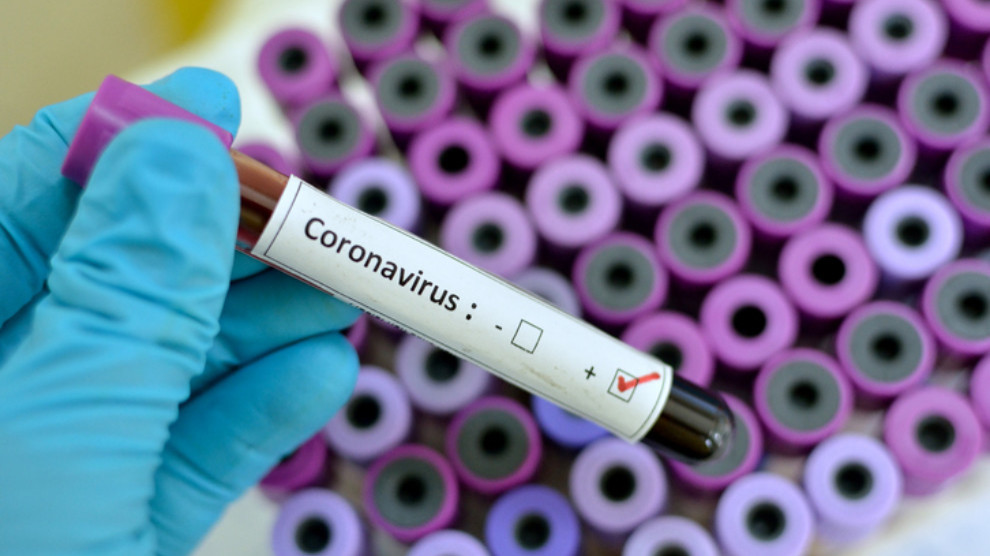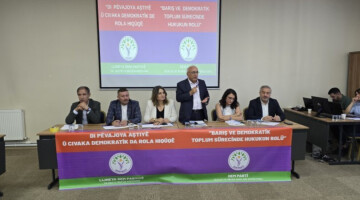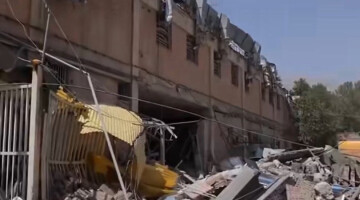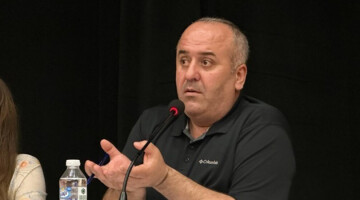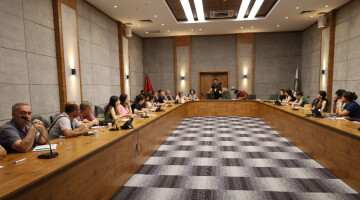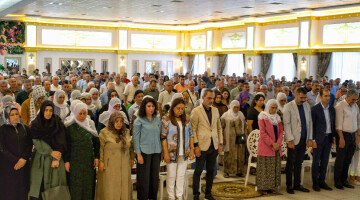The Spanish Health Minister spoke after meeting with regional authorities to discuss the conditions of the deescalation, based on the idea of "co-governance" as demanded by regional leaders and called for "prudence, prudence, prudence" to consolidate gains.
Phase 1 will last for two weeks. "During this transition to the new normality, social discipline is more necessary than ever: maintaining interpersonal distance, washing hands and maintaining hygiene in private and public spaces, and heeding the instructions of health authorities," said the Health Minister, adding that from Monday some 51% of the population will he said, noting that 51% of the population will enjoy fewer confinement measures.
Catalonia proposed a plan (accepted by the Health Ministry) to let the healthcare areas of Terres de l’Ebre, Camp de Tarragona and Alt Pirineu i Aran transition to Phase 1 on Monday, because of their low population density and few coronavirus cases. However, higher-density zones, including the city of Barcelona and the greater metropolitan area, will remain in Phase 0 for at least a few more days.
Moving into Phase 1 on Monday will be the regions of Galicia, Asturias, Basque Country, La Rioja, Aragón, Cantabria, Murcia, Navarre, Cantabria and Extremadura, the north African exclave cities of Ceuta and Melilla. The Balearic Islands have also been approved for Phase 1 on Monday, when they will join Formentera, the only island in the archipelago that is already on Phase 1 since 4 May. The whole of the Canary Islands will also move forward on Monday, joining three islands that are on Phase 1 since 4 May.
Madrid won't pass on Phase 1 yet
Official figures show nearly 70,000 confirmed coronavirus cases in Madrid and more than 15,000 related deaths, compared with 222,857 confirmed coronavirus cases, 26,299 deaths and 131,148 people who pulled through in the whole peninsula.
According to the Health Ministry’s criteria, in order to move to Phase 1 Madrid should have between 24,575 and 26,568 hospital beds, and between 996 and 1,328 ICU beds based on the region’s population of 6.6 million.
Phase 1: What is allowed
Social gatherings of up to 10 people outside or in people's homes, maintaining social distancing measures
Small businesses can serve customers with safety measures in place
Sidewalk cafés and restaurant terraces can open at 50% capacity
Hotels and tourist accommodation can open keeping common areas such as buffet rooms closed
Places of worship may open at 30% capacity
Non-professional sports are allowed for activities that do not involve physical contact or the use of locker rooms
Outdoor markets may operate but stands must be spaced apart
Cultural events involving under 30 people can be held indoors at a third of capacity
Cultural events involving fewer than 200 people can be held outdoors
Museums may open at a third of capacity
Funeral services may be held with "small number" of mourners
Timetables for walks and other exercise will still be in place, but regions can adapt them

